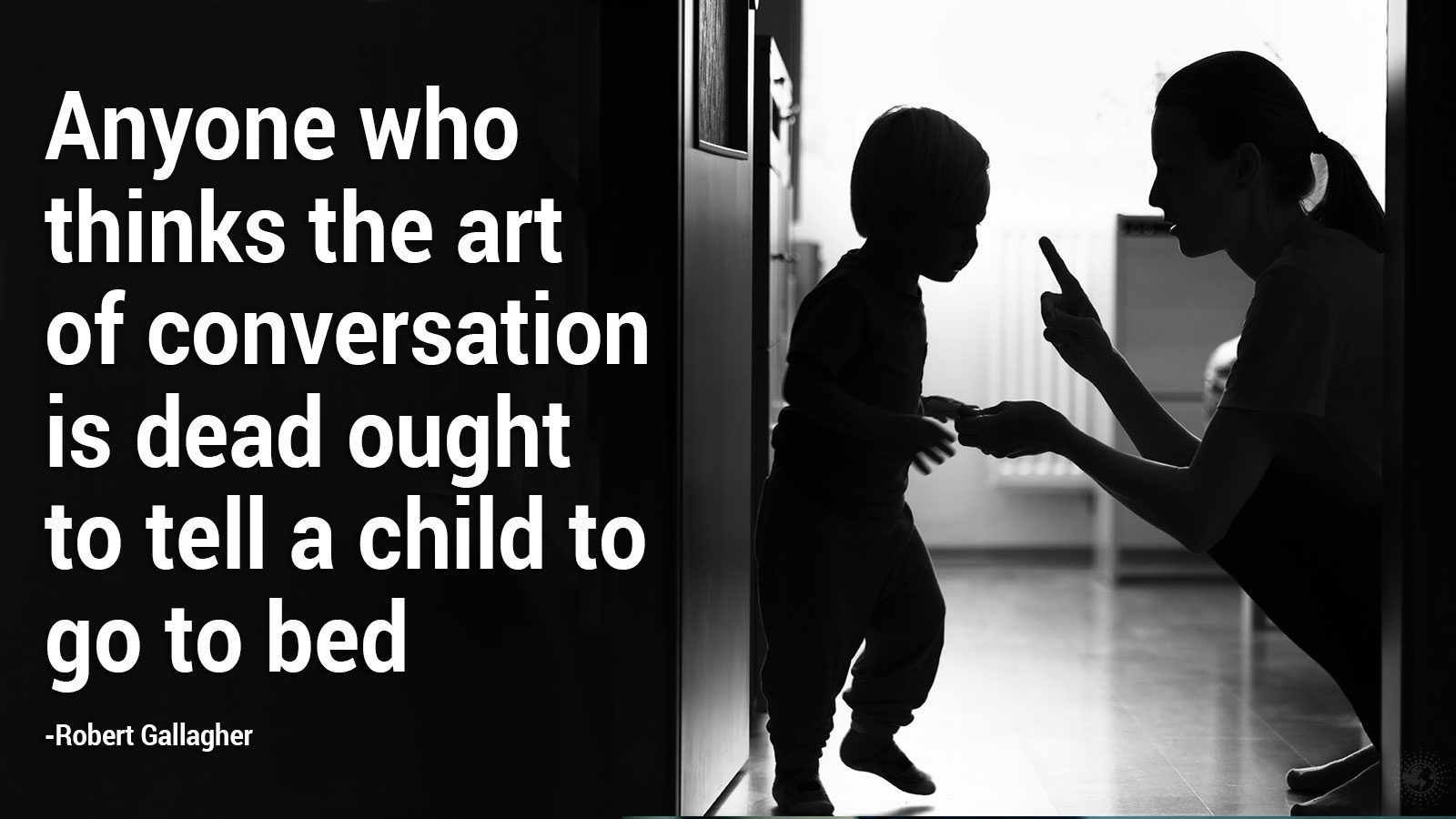Children are fearful by nature. As parents, you must be equipped to handle things like night terrors, phobias, and irrational thoughts. If only kids came with a manual, it would be so much easier to raise them.
When it comes to your children, you often feel like you’re feeling your way through a darkened room, trying to find the best route to get to the light. As an adult, you’re fearful of certain things, like public speaking, going over bridges, or climbing to great heights. No one would tell you that your worries are “all in your head,” so you must validate your child’s apprehensions.
Ten Ways to Help Fearful Children Overcome What Scares Them
You hold sole responsibility for your child’s care. Of course, this caregiving is a significant responsibility that doesn’t go away the moment they turn 18 years old. Everyone needs a few pointers when it comes to your kids, so here are ten ways that you can help them overcome the things that scare them.
1. Use Compassion and Not Punishment When Dealing With a Fearful Child
Sara was sure monsters lived under her bed. Every night when her parents tucked her in, she would cry and scream for an hour or more. She could hear them breathe and see their shadows, or so she thought.
Her parents became so angry at the bedtime disruption that they started grounding her if she threw a fit. Sara internalized her worries, as she didn’t want to get in trouble, and soon she was terrified to go into her bedroom at all. How could Sara’s parents have handled this situation differently?
Sure, we all know that the monsters weren’t real, but they were genuine to young Sara and her overactive imagination. Her parents should have used compassion and come up with creative ways to get control over the situation.
The Children’s Hospital of Los Angeles advises using “monster spray,” among other tactics. Every time the child sees something that scares her, she uses this powerful spray to make them disappear. Sure, it’s just water with some lavender essential oil in it, but it gives you a tool to use to help overcome the nightly struggle.
2. Don’t Belittle Fearful Children
Telling a child that their worries are dumb or nonexistent isn’t doing anything to help. Instead, listening to the child explain everything that scares them and offering sound solutions can be beneficial. For instance, if Johnny has nightmares every night and is afraid to go to sleep, why not get him a dream catcher that will snatch all those bad dreams away?
Sometimes, being a parent means thinking outside the box and trying new and innovative things. Please don’t belittle them or put them down because they have anxieties, but you must understand and be there for them.
3. Never Leave Them Alone in Distress
Though it may be frustrating when your child is in distress, the worst thing you can do is leave them alone in their terror. Sure, you want to walk away and let them cry it out, but a parent must stay with their kid in the hard times. Divert their attention by focusing on their strengths and how amazing they are in so many things.
A child often needs to be held and feel your warm embrace when their world seems traumatic. Turning and walking away when they’re fearful can cause all sorts of insecurities.
4. Teach Them to Pray
It’s said that prayer changes things, and many believe this to be true. You don’t have to be a religious person to be spiritual. Most folks believe in a higher power, whether it be God, Allah, the Universe, Buddha, or Baal.
Calling on a higher power in times of great distress is an excellent way to release some of the anxieties your child may have, and it’s comforting to know that someone or something more significant is watching over them.
5. Don’t Let Fearful Kids Use Avoidance Tactics
If you’re afraid of bridges, you might divert your route so that you don’t have to cross any. However, you’re only making way for your anxieties to fit into your world. If you used exposure therapy, which means you face those bridges head-on, it wouldn’t be long until it wasn’t such an issue.
Never let your children rearrange their world due to their anxieties. If you let them sleep on your floor because they’re afraid of an imaginary ghoul, they will be in your room for a long time. It’s unhealthy to encourage them to avoid certain things when standing beside them as they face the mountains head-on is much more effective.
6. Utilize Counseling to Beat The Anxiety
There are many times in your child’s life when their problems will be much more significant than you can manage, and they can’t handle them alone. Professional reinforcement is often warranted. When your child is fearful of many things, it can indicate a mental health disorder, like panic or anxiety.
You want to ensure that you get them the proper help early on, so they can learn practical tools to cope.
7. Help Them Retrain the Brain
One thing kids often fret over is shadows in the bedroom. Sure, their little minds play tricks on them, and they can imagine that they’re many ominous things. Why not make the shadows fun?
While they may see monsters and demons and all sorts of scary things in their current state, why not show them the good things they can see? Shadows can be pretty fun, especially when you have a flashlight and can add to them. Educate them on what causes a shadow, show them where the image on the wall is coming from, and help them retrain their brain not to be so fearful.
8. Let Them Sleep with the Lights On
There may be a time when your child needs to sleep with the lights on. It’s often that most situations occur at night, so why not set the mood for sleep? A nightlight, or a dim lamp, are great tools that won’t interfere with their sleep.
As they become more comfortable, you can go in and turn off the light after they fall asleep. How many times have you slept with the light on as an adult after watching a movie or being upset? Being in the dark can be pretty scary, so why not let the light help them drift off into dreamland?
9. Monitor What a Fearful Child Watches on TV
Sadly, TV and the internet are full of violent and scary shows that your child has no business watching. Rather than giving them free rein with the TV, set parental controls based on their age. Children ages 3-12 are the most impressionable and apt to be fearful, so monitoring what they watch is a great place to start.
According to Mom Junction, you must be proactive about your kid’s television viewing. With the help of 100 board-certified physicians, they’ve come up with an approved list of shows for these age groups.
10. Don’t Play into Their Fear
Some parents don’t know what to say or do when their child is facing these massive anxieties. So, they play into them thinking it will help, but it’s only making matters much worse. For instance, Jenny is throwing a fit and doesn’t want to go to bed.
She is sure that as soon as she goes into her room, the monster that lives in the closet will come out and get her. Rather than her mother assuring her that there’s no monster and comforting her, she tells her that she better get in bed, or the beast really will come to get her.
Saying things like this can have a dramatic impact on your child’s mental health, and it can cause a lifelong battle with the apprehension of nighttime. The mother is probably frustrated and at wit’s end, but these lighthearted comments only add insult to injury.
Final Thoughts on Ways to Help Fearful Children Overcome
Most parents find that it’s just as challenging for them to manage their child’s fearful nature as it is for the child. However, it’s essential to talk to them and let them be heard. The worst thing you can do is to brush the issue under the rug, talk down to them, or make them feel like they’re being irrational.
It’s pretty standard for children to be scared when they go to bed, start a new school, or have other obstacles in life to overcome. Thankfully, they have parents who nurture them and love them through the good and bad times. When they’re fearful and having a rough season in life, this is when they need you the most.
Come up with some innovative ways to handle their apprehensions, like monster spray, and you can overcome the battles they face. Then, maybe it’s time to work on tackling some of your anxieties too. Everyone has them and watching you work on the things that bother you can be a solid indicator that you can conquer anything.

















 Community
Community

